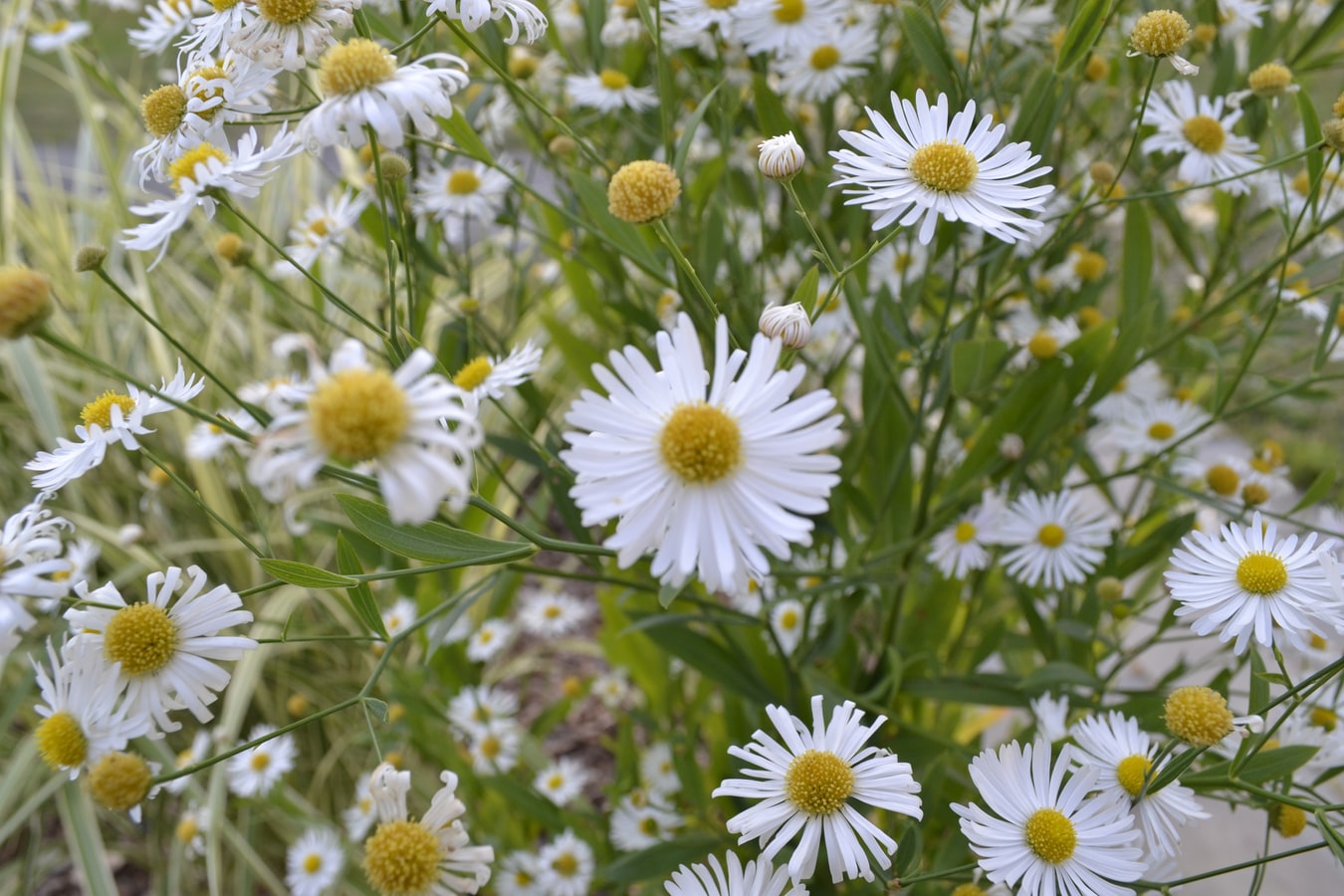Flowers that attract our insect heroes of pollination!
29th Jun 2023
Many plants and flowers we like to surround ourselves with, rely on pollination for survival.
Planting flowers that attract butterflies, honeybees, hummingbirds, and other pollinators are a beautiful and lasting way to enjoy nature. Not only do you provide support to these charming creatures, you also frame your home with lush, colorful blooms.
What Flowers to Plant
Asters

Asters are perennial plants that come in a large variety of colors. They are commonly used in flower bouquets to add volume and a texture.
Liatris

Liatris is a perennial that flowers in the summer time. A particularly hardy flower! It comes in purple and white and is used as a great accent for arrangement. It creates height and its unique shape really pops out when mixed with other flowers.
Attracting these insects can be very beneficial to your garden. They can reduce pest pressure, help build healthy soil, and improve yields. Pollination is how flowering plants reproduce.
Plants provide sweet nectar and pollen for pollinators. In return, pollinators move pollen from one flower to another, fertilizing the plant so it can produce seeds.
Meet 3 underappreciated insect pollinators



1. Beetles
Beetle-pollinated flowers tend to make extra pollen so there is some left over to be carried to another flower on the beetle's body. The flowers tend to be smelly or fragrant, because beetles navigate by strong sense of smell. Beetles are attracted to flat, open flowers, which allow them to graze, and flowers in clusters, such as cow parsley.
2. Moths
Most moths fly at night, so you might not notice as they flit from flower to flower under the cover of darkness. Some nocturnal moths prefer to feed from pale and tubular, scented flowers, such as honeysuckle.
3. Wasps
Wasps are hungry minibeasts with high energy needs, so many of them search for flower nectar. Wasps are not as hairy as bees, so pollen does not stick to them as easily, but they are still important pollinators.
It's important that we make the world a friendlier place for pollinators so they can do their vital work. Some things like letting your lawn grow a little wilder, avoid using pesticides, or creating a home for bees!




